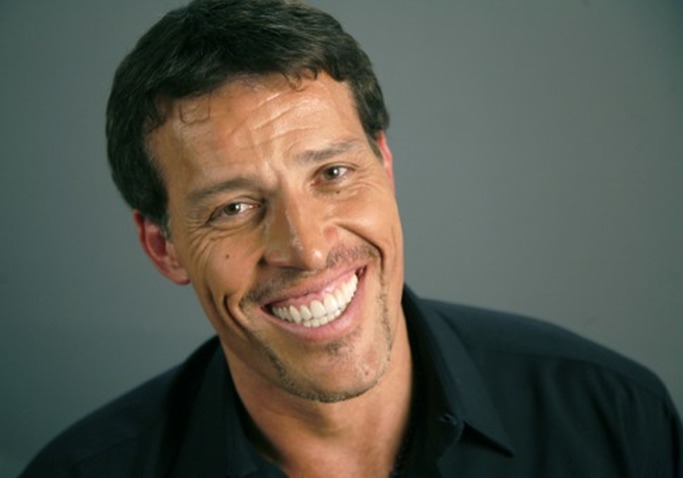- Nov 13, 2008
- 26,143
- 20,803
- AFL Club
- Collingwood

- Other Teams
- Sydney Sweeney's Shaving Team...
Both Barassi and matthews had the half back flank thug mentality even if they didn't occupy the position. Blight doesn't fit the mold (probably any mold). There are always exceptions to any rule, but as I said, the rules have changed. top players have always been a requirement, and always will be. Even hafey couldn't get a mediocre Collingwood side over the line in '77.
you're right....bucks cant coach so that probably proves the rule that good players dont make good coaches...





